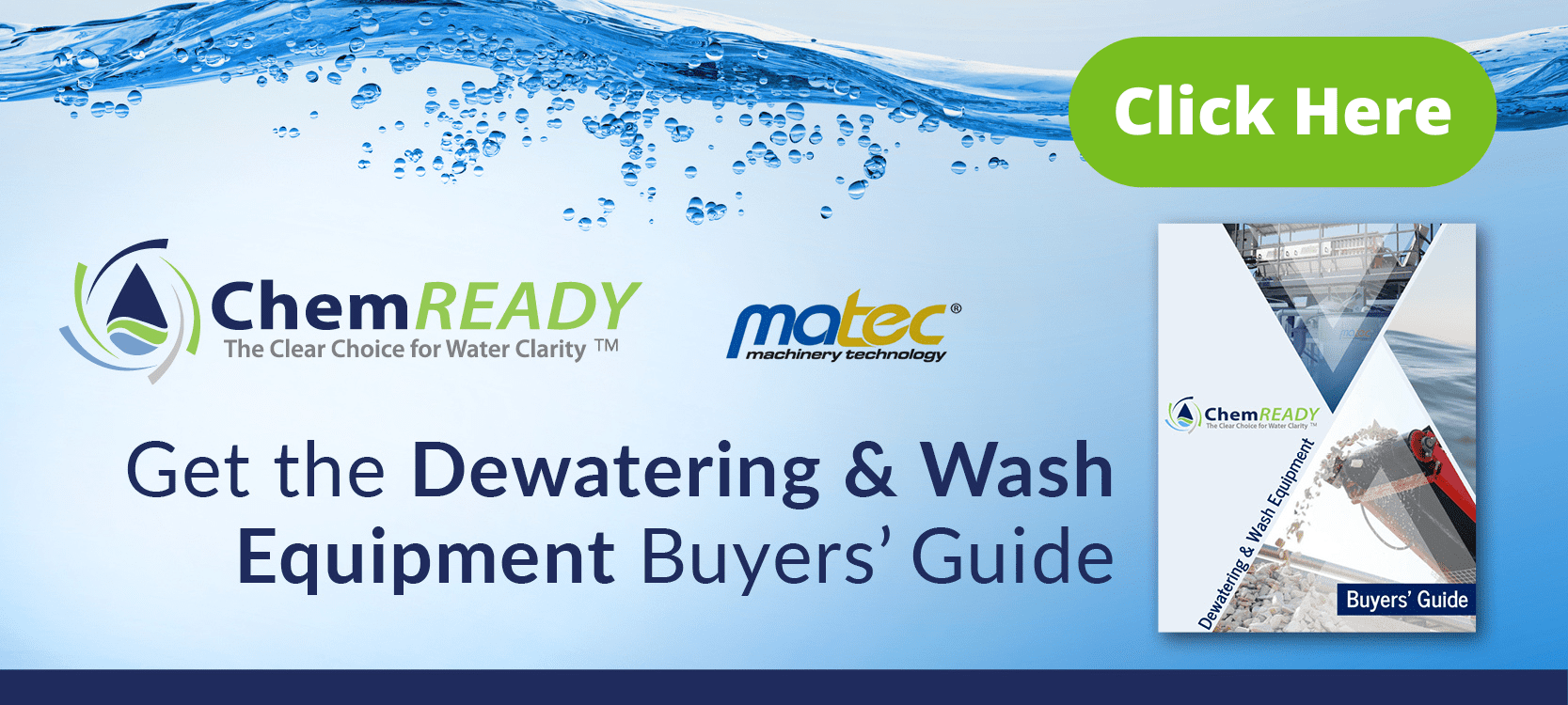How much do Dewatering Filter Press cost to install?
It is hard to recall the last time this question did not come up during conversations with a customer. “If I buy your equipment, how much is the all-in cost; everything from labor to the price of equipment, and everything in between?” Every job is different and filtering press dewatering solutions are highly engineered and customized to meet each requirement of the customer which makes this question a bit tricky to answer. But generally, we have come up with some basic rules of thumb that will help anyone understand what costs they can expect for each stage of the process to purchase and install a Dewatering Filter Press.
Speak to an Expert About Filter Press Pricing
Below, we list 9 factors that contribute to total system cost beyond just the capital investment of the dewatering equipment itself. Before we discuss each in detail, we first need to establish a baseline piece of information. What size of plant are we discussing? In the world of dewatering you end up with small, medium and “large” size plants. To provide some clarity, when referring to smaller plants we typically mean something that is in the range of less than 2-3 tons per hour of solids in the waste stream, unless you have less than 1% solids in your waste stream in which case you may end up with a larger plant. While large dewatering filter press costs can be anything over 50-100 tons per hour of solids in the waste stream and go as high as you need through multiple filter press and water clarification options.
1. Site Fill
Fill dirt, stone and gravel is brought in to begin the leveling process in order to prepare the site to be built on. This cost is ‘site specific’ meaning some companies may not need it at all, while others may need many truck loads to get the site to where it needs to be – such as in flood plain areas. Costs will depend on the cost of material at a local vendor, how close they are to the vendor and whether the customer chooses to outsource the labor or not. Clean fill dirt sells for $8 to $15 per cubic yard.
2. Site Leveling and Preparation
In construction, the term Site Prep generally refers to the preliminary work of getting a construction site ready for building and development. Encompassing a wide range of different preparatory activities including demolition, lot clearing, excavation, stabilization, and shoring, it is an important first step. It ensures a safe, properly constructed, stable foundation for your structure. Site prep is required whether you’re erecting a dewatering plant, office building, sports stadium, water park or residential home. However, some projects may require more preparation than others.
This is also a job that a company can execute themselves without hiring an outside company and a great way to save money. This usually costs anywhere from $25,000 to $50,000. The cost will be from the amount of rental equipment and required prep work.
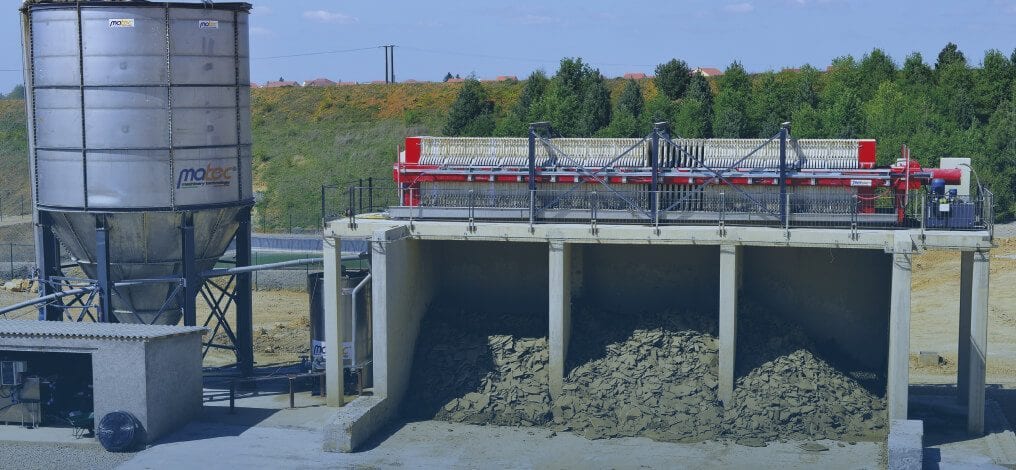
3. Concrete Work
The amount of concrete a site needs depends on the load barring weights of the structure, i.e. the larger the system becomes, it requires more concrete. This can go anywhere from 1 to 3 feet in depth and span out as much as necessary to fit the system. The average cost of concrete per cubic yard is $108 according to the NRMCA. Depending on preconstruction drawings, the amount of concrete required should be determine with the consultation of your construction engineer or contractors. Typically, concrete for a site could cost anywhere from $50,000 (small systems) to $125,000 (larger systems).
4. Plumbing
Plumbing costs will vary depending on whether an outside contractor is required and the amount of hardware and piping required that is not supplied by the filter press manufacturer. It is critical for the buyers to know where their responsibilities start and end for plumbing connections. For most filter press suppliers, piping is generally included between almost all the components and customer is responsible to bring the connections to the system. Instances do exist where the customer would be responsible for all piping costs and should be discussed prior to making a purchase. The main drivers for plumbing costs will be based on the need for hardware and the contractor costs to make the connections and any welding required. These costs depend on local prices and the size of the system but will range from a few thousand dollars to tens of thousands of dollars for a full press & clarifier system process.
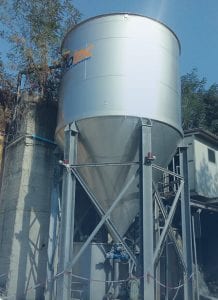 5. Electrical and Automation
5. Electrical and Automation
A local certified electrician will need to be used to hook up all the wires and components. For most suppliers’ equipment, it includes the wires and hookup between each control box and the equipment, however it does not include the wires in between the control boxes and the powerline.
Depending on the size of the job, this item could cost between $15,000 (small) to $100,000 (large).
6. Labor Allocation
A company can handle labor two ways. First, the customer could choose to do the work themselves. Second, they could hire a contractor could be to do the work for them. It all depends on how much the customer would like to spend. Obviously insourcing the work will save a lot of money, but on the downside possibly take those employees away from their jobs and other work that they need to complete. This will on average take 2 to 4 people to complete in addition to the technician(s) we provide who will be overseeing everything.
This cost will vary depending on whether the work is done in-house or you could outsource it as well, but the installation process takes about 2 weeks for small plants and 4-6 weeks for large plants. So, you can factor typical labor rates and determine a rough estimate depends on working days.
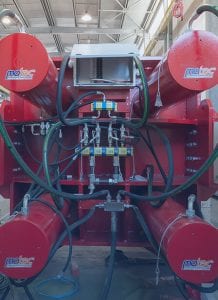
7. Installation and Commission Technicians
Usually whichever company the equipment is purchased from will allocate a few of their own technicians to oversee the job site and typically will stay for a few weeks while everything is being built. Depending on the size of the job, 1 to 2 technicians will be sent out and act as Installation Coordinators to ensure everything is assembled per manufacturer specifications and runs smoothly.
The cost is usually included but can range anywhere from $10,000 for small plants to $50,000 for larger plants, plus travel expenses.
8. Equipment Rental and Supplies
To assemble and erect a new system, unless the customer owns this equipment already, use of rentals, is necessary. Cranes, lifting and positioning equipment for unloading shipping containers will need to be provided. To rent this equipment a local company will need to be hired, costs can obviously vary per company. A rough estimate to consider is $225 (50-60 Ton Small Crane) per hour to $300 (100 Ton Large Crane) per hour and assume you will need a crane accessible for about 25-50% of the time for installation depending on your company’s available lifting capabilities. Transportation may need to be considered as well and possibly an operator as well. In some cases where time is of the essence you may even consider more than one crane.
9. Permits and Engineering
Permits are your basic building permits issued by the local or federal government. These may be required engineering drawings and the associated costs to obtain them. Permits are primarily based off location and because of this, it is hard to say an average cost for permitting the plants. The best way to find this out is by contacting the city or town’s ‘Building and Zoning Department’ and they would be able to walk you through the process and projected dewatering filter press costs.
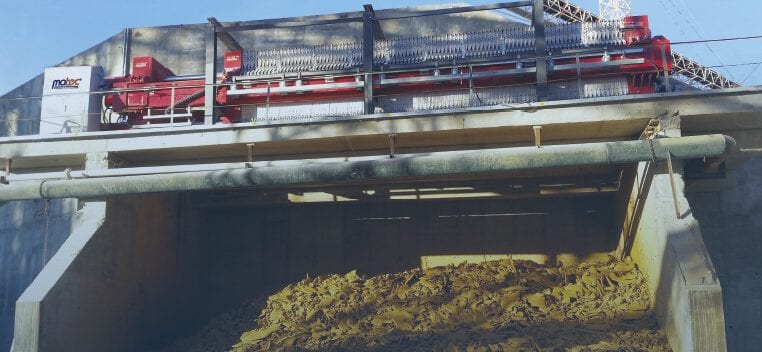
Bottom-line:
Installation costing depends on your location and what kind of system you need. In truth, a new system dewatering filter press installation cost can range from $15,000-50,000 for smaller plants, around $250,000 for medium plants (solids process ~15-50 TPH), up to $1 million for multi-filter press operations (solids processes >100 TPH). The first step in getting firm numbers is to spec out your dewatering requirements and get a proposal from a supplier. The next step is to take the scope of the equipment and generate a layout for the projected installation placement. Finally, reach out to local contractors to work through estimated costs or we can likely provide some rough estimates for the costs depending on the size and scope of supply.

